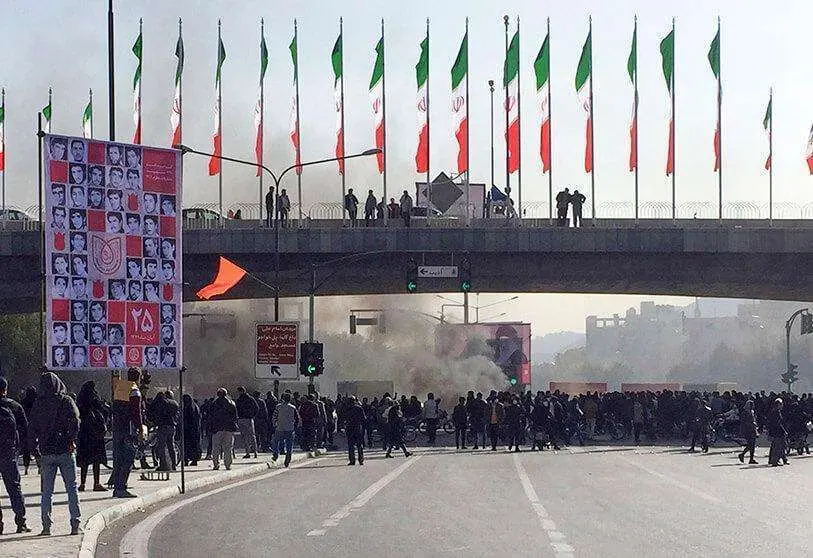The outlook for unrest in Iran

The uprising across Iran has been going on for more than 80 days, with people across the country staging a new three-day campaign of intense anti-regime protests that began on Monday to mark National Students' Day on 7 December. The intensified anti-regime protests have been planned since 5 December and are aimed at dealing a further blow to the mullahs' regime as a whole. Protests have so far taken place globally in 280 cities with a crackdown that has left more than 680 people estimated dead and more than 30,000 arrested.
On Sunday, protests began with demonstrations by farmers in Isfahan and hospital workers in Shiraz, who continue to suffer from deteriorating conditions under the mullahs' regime. Students from several university campuses also took part in the protests. Attacks on symbols of the regime continued apace across Iran.
The regime's chief prosecutor, Mohammad Jaafar Montazeri, claimed that the Morality Police had nothing to do with the judiciary and had been suspended by the same authority that had established it in the past. Of course, the judiciary will continue to monitor the behaviour of society. He added that "in confronting the rioters, the judiciary pursues the leaders and the main elements, which takes time". "We will not give up on the main perpetrators of the recent riots. However, given the particular circumstances in the country, we must act with caution," he added.
Earlier in the week, Montazeri had stated that parliament and the Supreme Council of the Cultural Revolution, another body responsible for controlling the life and behaviour of the population, would make their views known on the issue of compulsory hijab in a fortnight.
Many Western governments, including those of the UK, US and Canada, have already included the Morality Police, the unit responsible for enforcing the hijab law, on their list of sanctioned entities.

